We recently updated our Privacy Policy. By continuing to use this website, you acknowledge that our revised Privacy Policy applies.

We’re well into the dog days of summer, and while your clients may be fretting about their turf, make sure their trees aren’t being overlooked. Do Water Consistently Both newly installed and mature trees can struggle during hot, dry periods. “You have to inspect the trees, especially this time of year,” says Manny Nassar, […]

The question of what to do with a client’s lawn clippings after mowing is one that can arise, especially due to certain misconceptions. Some customers may believe bagging is necessary because they’ve seen mowers with bagger attachments, they’re concerned leaving grass clippings will cause thatch buildup, or they just don’t like the appearance of the […]
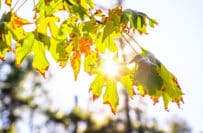
If a customer’s tree is struggling, often the root cause can literally be found in the roots. Numerous issues can impact a tree’s roots, but below are some of the common ailments and how to identify which one is causing the problem. If your company doesn’t have an in-house arborist, it’s always recommended to seek […]

Your field staff are your eyes and ears on your customers’ properties. You can’t be everywhere, and neither can your account managers, which is why it is critical to train your crew members how to identify and address issues they spot in the landscape during their site visits. By having your whole team dedicated to […]

It’s February, which means in the South, crape myrtles have all of a sudden started sporting rather severe buzzcuts. Despite its extreme prevalence, this type of ‘pruning’ is the opposite of beneficial for the plant. As a landscape professional, you know better than to practice topping innocent crape myrtles, better known as crape murder. […]
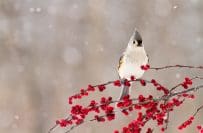
If you have clients who delight in bird watching, you can aid their enjoyment of this hobby by crafting a landscape that attracts and protects birds during the colder months. Like all living creatures, birds need food, water and shelter during the winter. You can help provide these elements in a variety of ways. […]
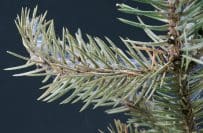
With winter right around the corner, it can be easy for your clients to be lulled in a false sense of security with insects out of sight and out of mind. However, the pests must overwinter somewhere, and many can settle down in dormant trees. While adult insects ride out the colder months, winter can […]

Setting clear expectations with clients is key to successful landscape operations and it is especially important when it comes to snow and ice management. Properly preparing before the snow starts falling will allow you to ensure everyone is on the same page when it comes to the level of service being provided and preferred communication […]
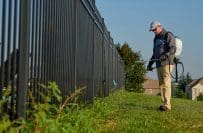
One of the adversaries that lawn care operators frequently have to battle is nutsedges. Sedge species are neither grasses nor broadleaves and are highly competitive against turfgrasses. The two most common species are purple and yellow nutsedge, which can be challenging to identify without the presence of seed heads. Both have triangular-shaped stems, but purple […]
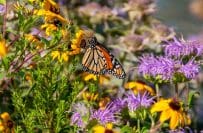
“Native plants give us a sense of where we are in this great land of ours,” Lady Bird Johnson, First Lady of the United States from 1963-1969, famously said. “I want Texas to look like Texas and Vermont to look like Vermont.” More than 50 years later, the landscape industry — and many of its […]